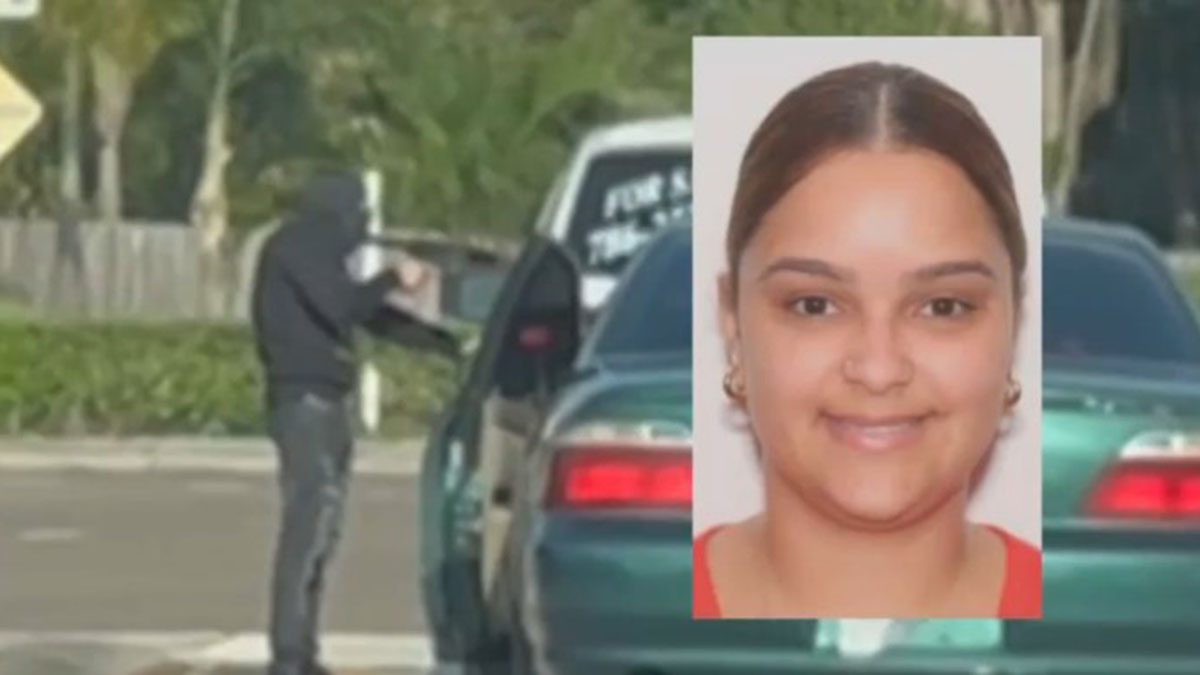What to Know
- Billionaire developer Jeff Greene joined the other four candidates Wednesday night in Fort Myers for the first complete debate.
- Topics included environment, education, guns, health care and standing up to President Donald Trump.
- The winner of the Aug. 28 primary will face the Republican nominee in November.
The five Democratic candidates for Florida governor sped through a wealth of issues during a fast-moving debate Wednesday, but differences on the environment, education, guns, health care and standing up to President Donald Trump were few. The follow, in the order they were first introduced are some areas where each stood out from the others:
FORMER U.S. REP. GWEN GRAHAM
Graham, the daughter of former governor and U.S. senator Bob Graham, hit hard in her opening on her core issues — cleaning the environment, particularly the Everglades; improving schools and supporting teachers; abortion rights; and banning the sale of military-style assault weapons like the one used to kill 17 at Marjory Stoneman Douglas High School on Feb. 14. She also pointed out that she is the only candidate who has defeated a Republican, which she did when she won her congressional race in 2014. The Democrats, even though they have a slight lead in voter registration in Florida, have lost five straight gubernatorial elections.
"This is not a drill. If you are ready to end 20 years of Republican rule in our state capitol, I am ready to lead," she said.
BUSINESSMAN CHRIS KING
King has made not taking sugar money a central theme of his campaign, and he criticized Graham for earlier accepting $17,000. Environmentalists blame sugar growers for polluting the Everglades and South Florida's water supply. It was the only direct criticism one candidate aimed at another during the debate.
Local
"Congresswoman Graham, I have to disagree with one thing you just said because it wasn't true. You have taken money from the sugar industry. You took thousands and thousands and thousands of dollars," he said. "And the eve of our first debate, you gave that money back. Because what we have to do as Democrats is we have to recognize that we have to change the future of Florida's environment. We have to end toxic discharges once and for all." The line drew loud applause from the crowd as southwest Florida is in the middle of an algae outbreak in its waterways.
Graham said she gave the money the Indian River Lagoon Riverkeeper, "so I am really proud that the sugar money is being used to clean up the mess that they created." That response fell flat.
TALLAHASSEE MAYOR ANDREW GILLUM
While each of the candidates criticized the sugar industry for contributing to pollution problems, Gillum was the only person to talk about providing for the future of the people who now rely on the industry.
"We've got to deal with the 50,000 citizens who are surrounding that industry, many of them communities of color, who are not being talked to about the kind of job industry that we're going to usher into their area once we transform the agriculture use around it ... We've got to make sure that we give those people a new deal," Gillum said.
BILLIONAIRE INVESTOR JEFF GREENE
Greene was the only candidate asked how to better fund public schools.
"When I am governor, not a penny of public school money will be spent on private schools or charter schools, which are all just schools without rules."
He was also asked about legalizing recreational marijuana. He said he couldn't commit until he sees if marijuana use among minors increases in states where it's legal.
"Let's see what's happening in states like Colorado. If the consumption has increased among young people in places like this, I'd say let's definitely decriminalize it, but don't legalize it. If it hasn't it, I say legalize it, regulate it, tax it and that will be the end of the story for good."
FORMER MIAMI BEACH MAYOR PHILIP LEVINE
Each candidate was asked about how Florida can pay for school safety officers that are now mandated under a new law. Levine didn't directly address the question, but instead listed a number of ways the state can increase revenue, including cutting corporate tax loopholes and also expanding gambling at Seminole Tribe casinos.
"We're going to make sure we take that money from charter schools and put them into our public schools ... We're going to make sure that we stop shaking down the Seminoles and shake hands with them and take that hundreds of millions and bring it to our schools. We're going to make sure we have sports betting so we don't lose that money — keep it in the state of Florida," Levine said. "I could go on and on and on."



